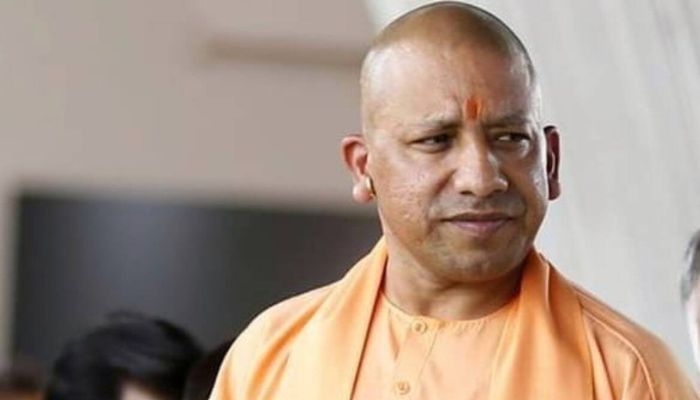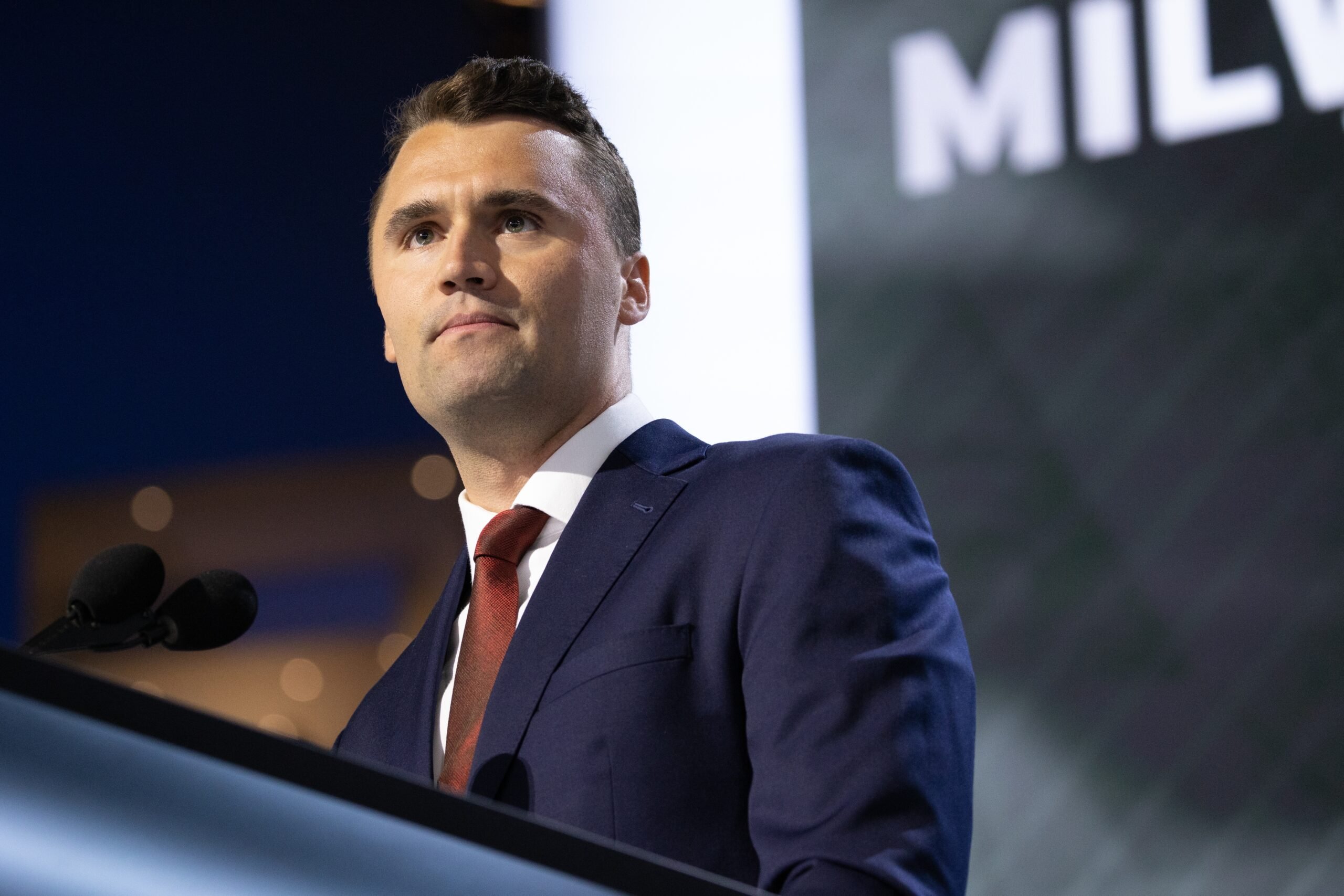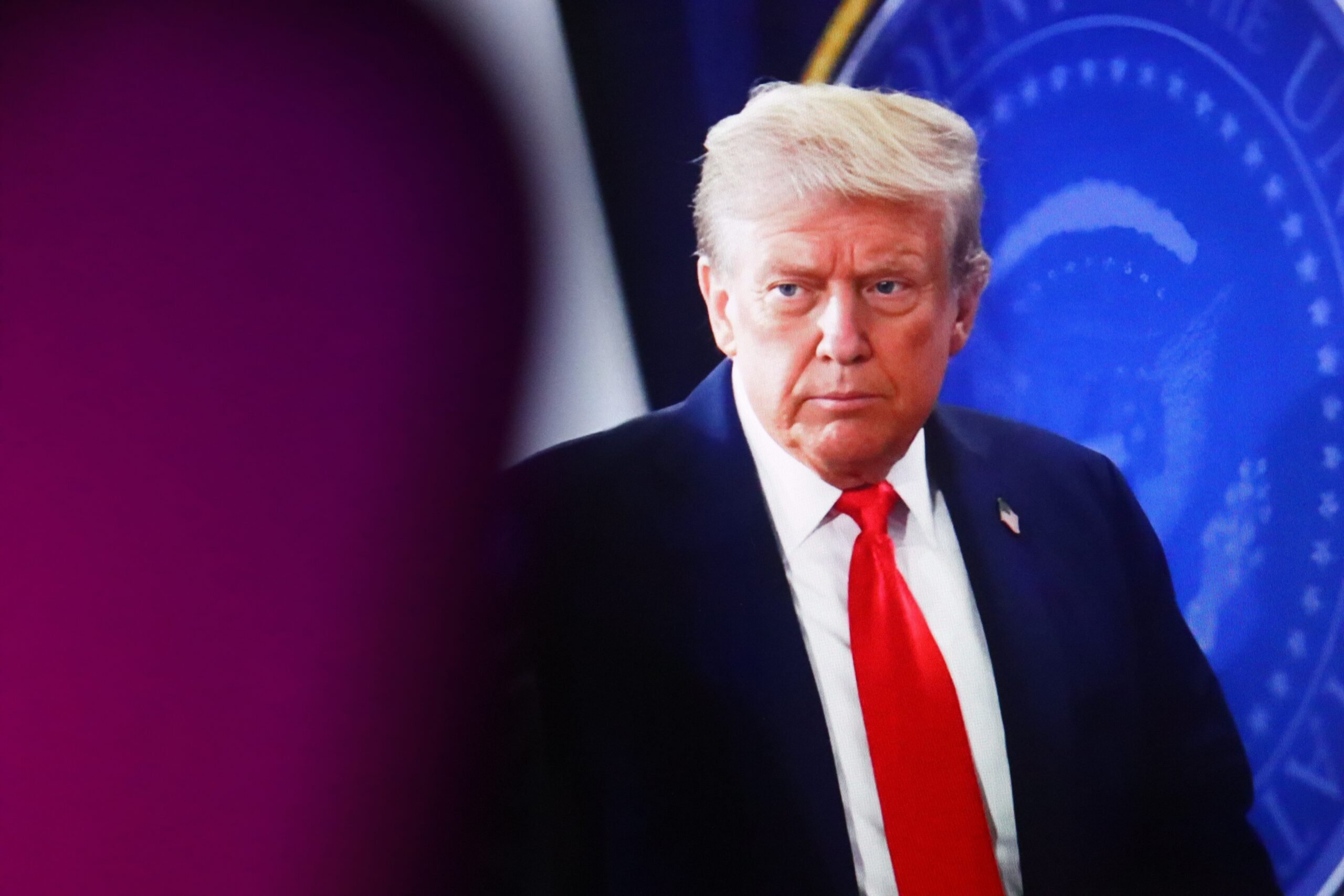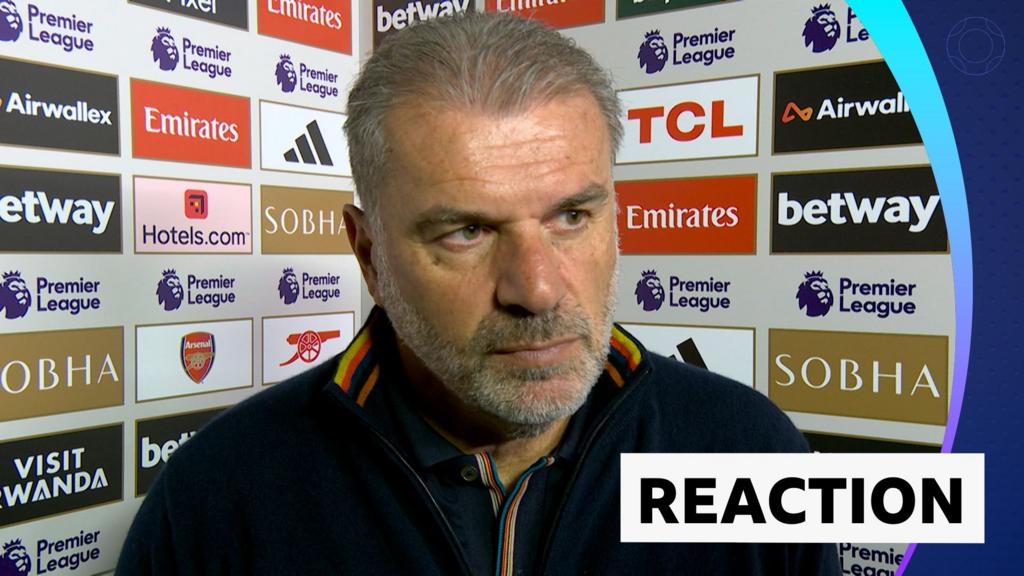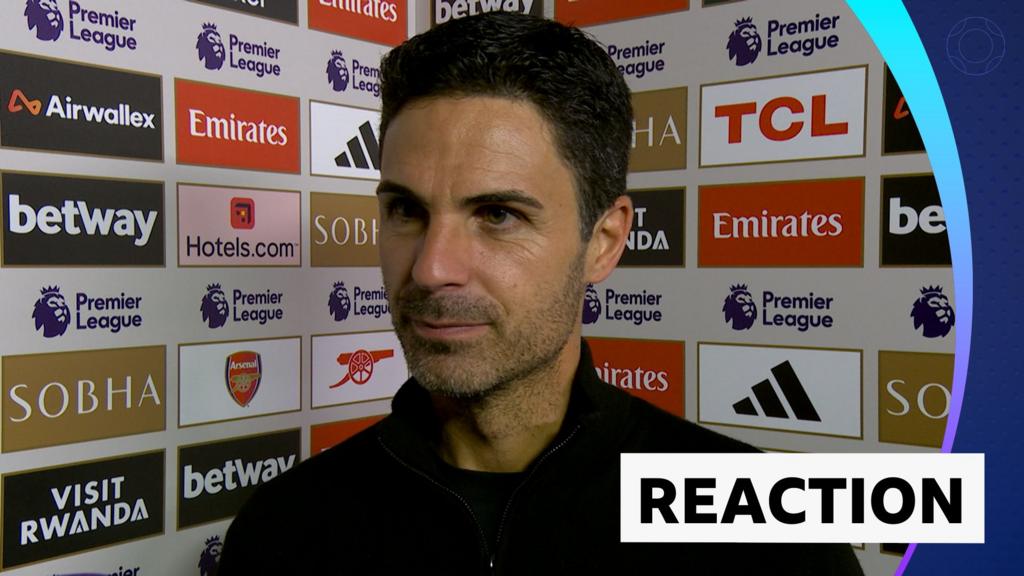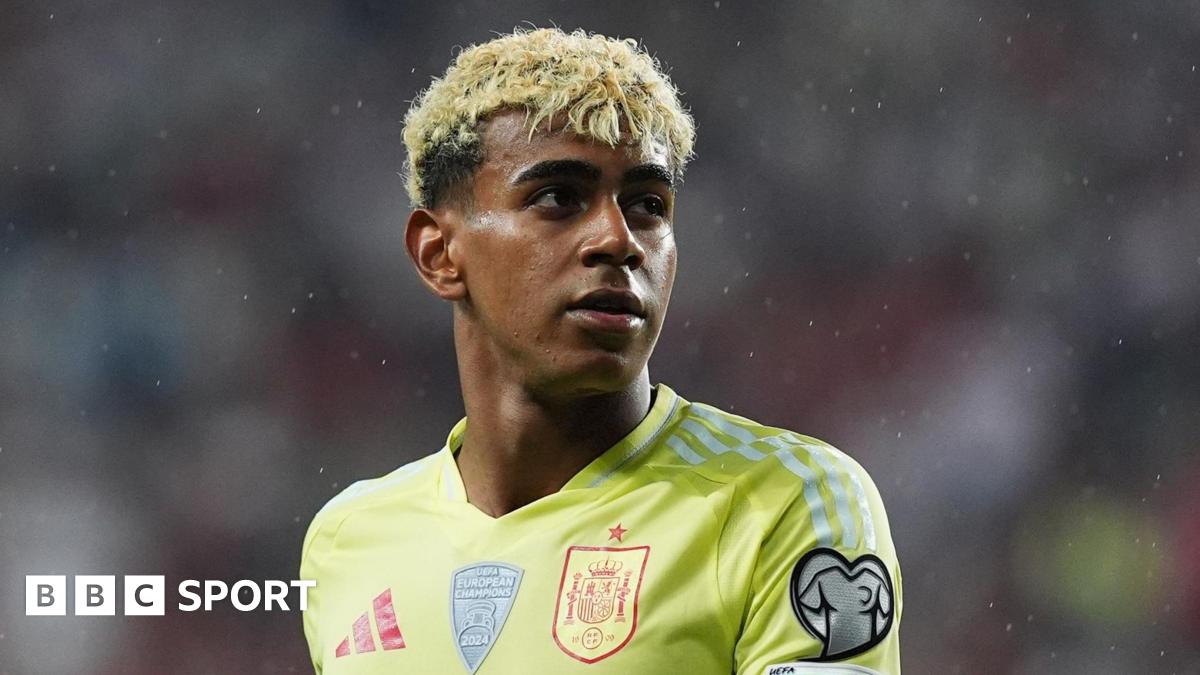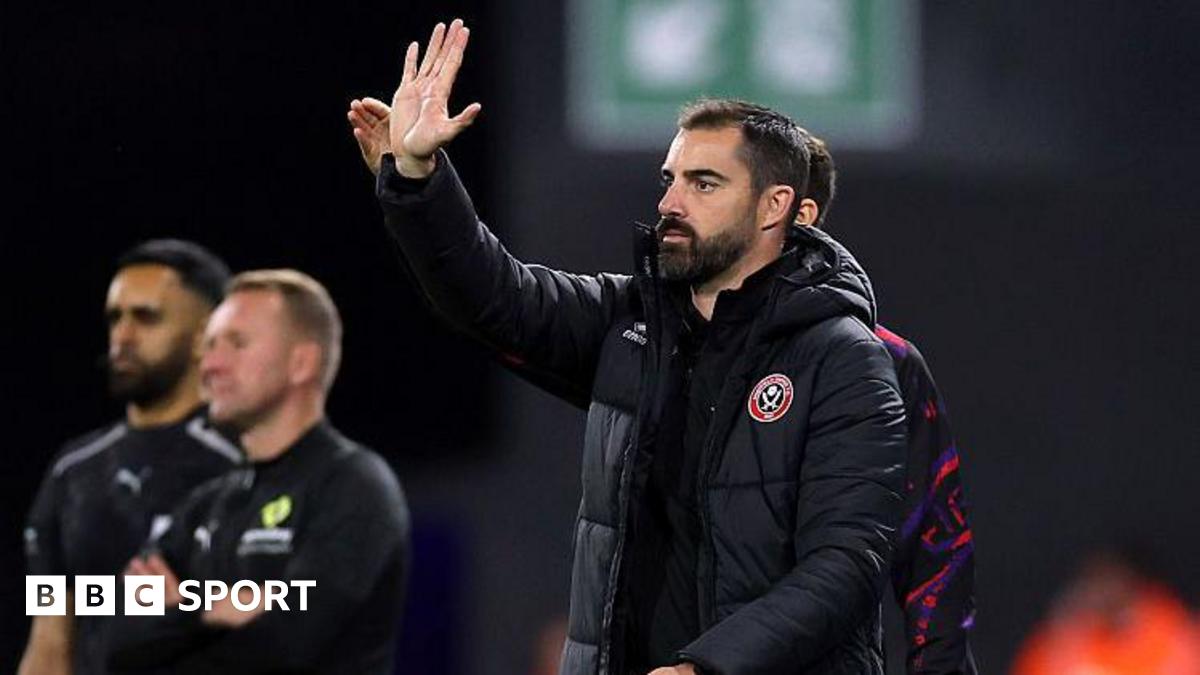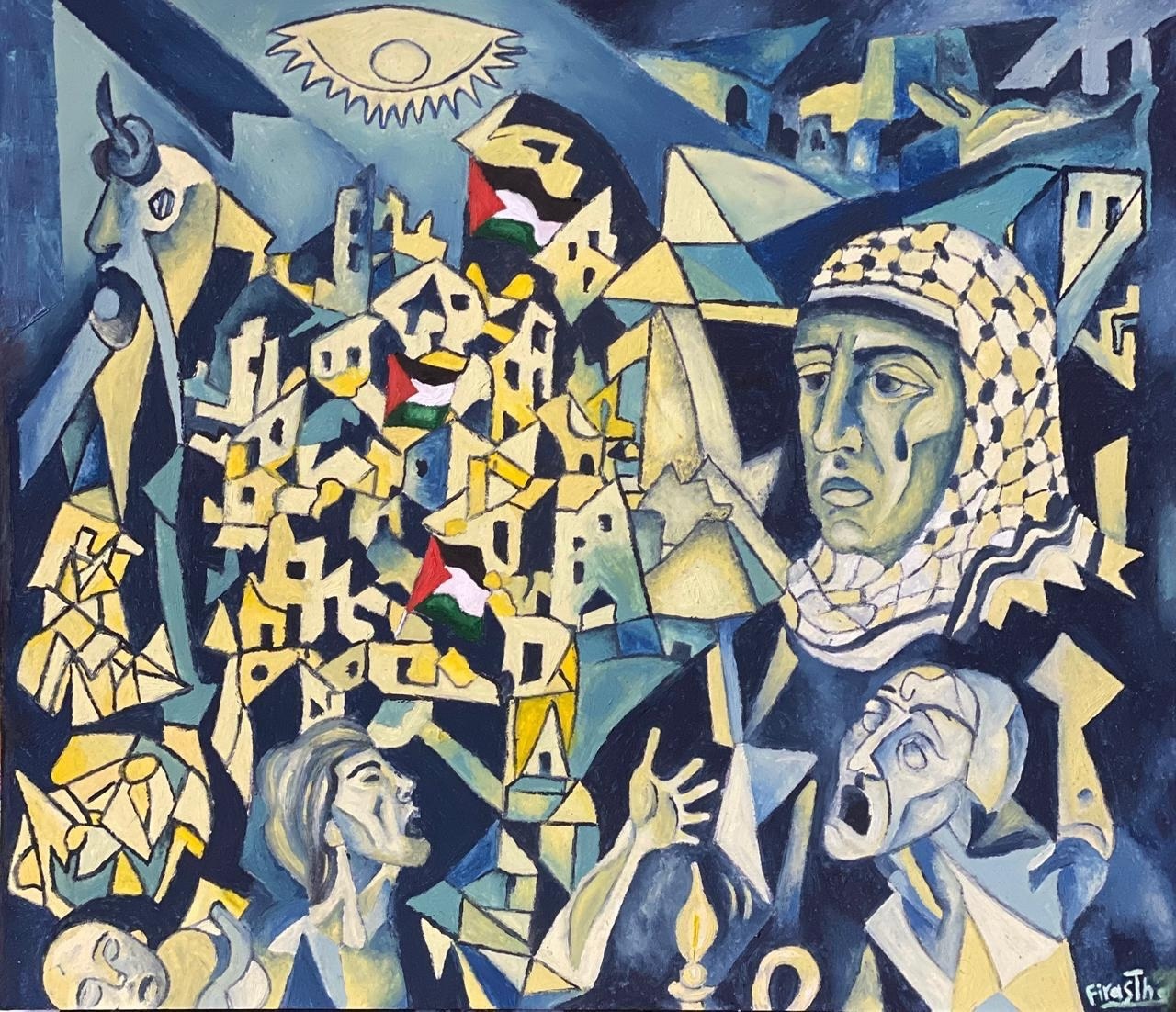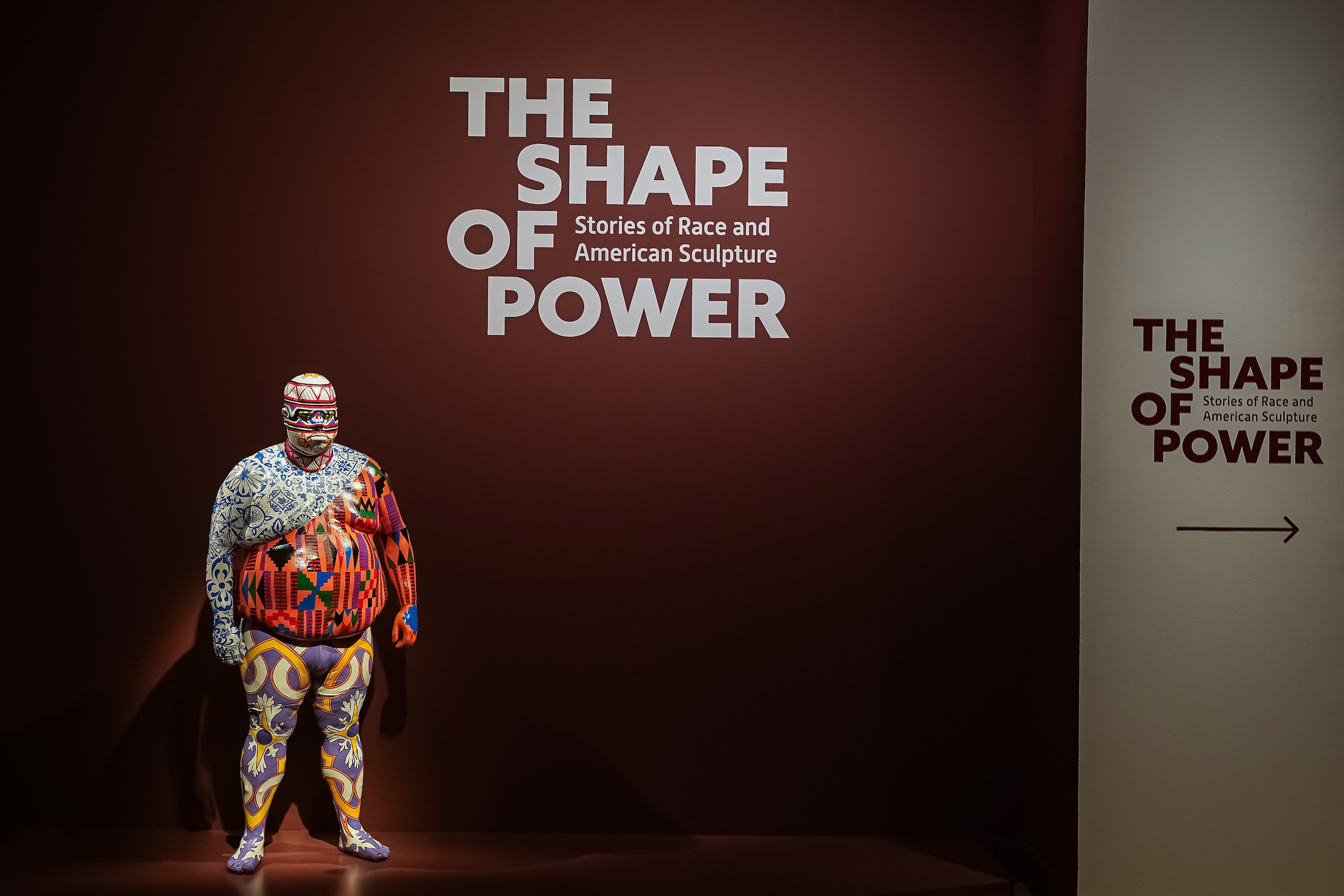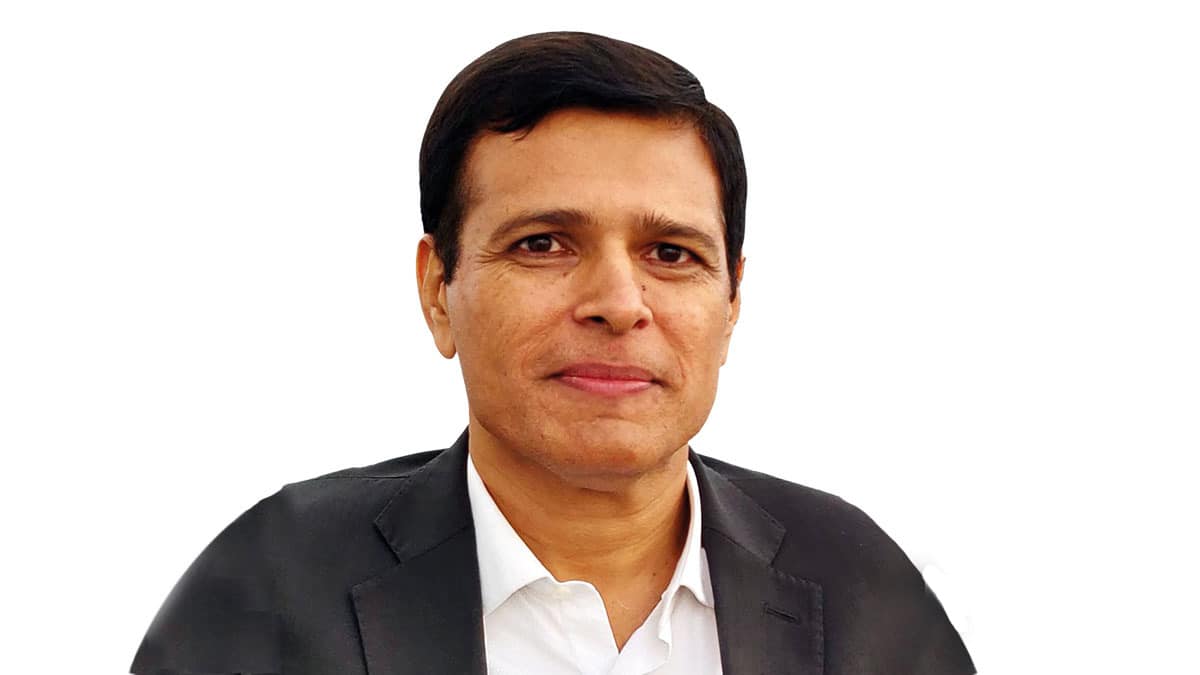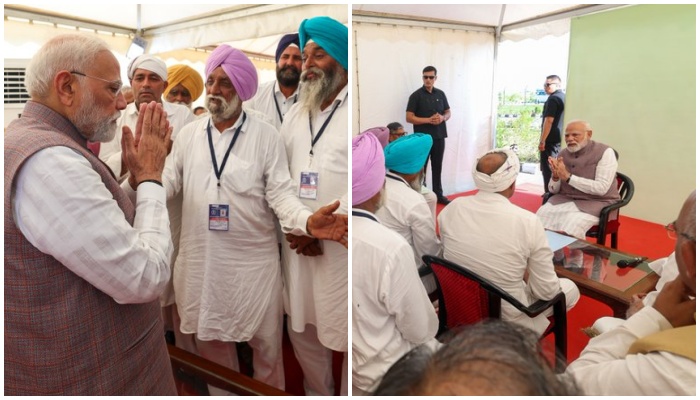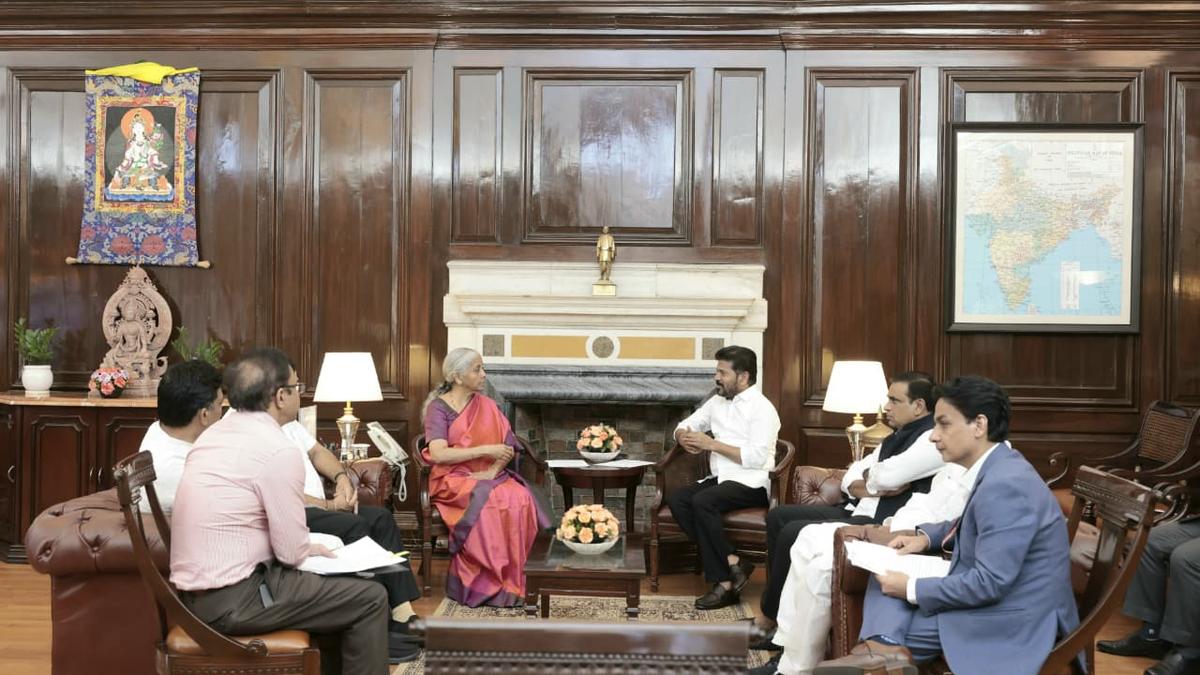US President Donald Trump admits tariffs have strained ties with India, but urges G7 allies to impose similar measures
US President Donald Trump on Friday doubled down on his controversial decision to impose steep tariffs on India for continuing oil imports from Russia, calling it a move of “historic significance” that inevitably strained ties between Washington and New Delhi. Speaking on Fox & Friends, Trump described the measure as both bold and necessary, signaling a firm US stance on curbing Moscow’s global energy trade. Trump says imposing 50% tariff on India "was not an easy thing to do" and admits it caused rift with India pic.twitter.com/8rKvQms0T9— Sputnik India (@Sputnik_India) September 12, 2025 “Look, India was their biggest customer. I put a 50 per cent tariff on India because they’re buying oil from Russia. That’s not an easy thing to do. That’s a big deal and it causes a rift with India,” Trump declared, underscoring that the step was taken despite his personal rapport with Indian Prime Minister Narendra Modi. The tariff announcement comes weeks after the United States had already slapped a 25 per cent duty, followed by an additional 25 per cent punitive measure, on Indian imports. Washington has repeatedly argued that New Delhi’s reliance on discounted Russian crude undermines the global effort to isolate Moscow following its prolonged conflict with Ukraine. India, however, has strongly rejected the accusation, calling the tariffs “unjustified and unreasonable,” while defending its energy purchases as essential to its economic security. G7 pressure and Trump’s push Trump also revealed that he has “directed” G7 allies to consider similar steps against both India and China, urging them to “put high tariffs” on nations continuing to buy Russian oil. Framing it as a global test of resolve, he claimed such actions would demonstrate unity against Moscow’s use of energy as a geopolitical tool. Despite the tough rhetoric, the US President maintained that the impact of Russia’s oil trade was “a Europe problem, much more than our problem,” suggesting Washington was acting in solidarity with European partners more exposed to Russian energy. Trump’s bold claims on foreign policy In characteristic style, Trump used the interview to reiterate sweeping claims about his foreign policy record. “I solved seven wars. I did so many, including Pakistan and India, but big ones, some were unsolvable, Congo and Rwanda. I solved it. It was going on for 31 years, millions of people killed,” he said. While many experts have challenged such assertions, the remarks highlight his campaign-style effort to cast himself as a global dealmaker and peacemaker. Strained ties, yet hints of progress The tariff standoff comes at a sensitive juncture in US-India relations. Washington’s ambassador-designate to New Delhi, Sergio Gor, acknowledged before senators that India’s protectionist policies had created friction. However, he stressed that the overall partnership remained robust, rooted in what he described as Trump’s “deep friendship” with Modi. “We are not that far apart right now on a deal. In fact, they’re negotiating the nitty-gritty of a deal,” Gor said, hinting that a breakthrough trade agreement could be reached in the coming weeks despite the ongoing tariff battle. For now, Trump’s tariff offensive has injected fresh uncertainty into one of Washington’s most strategically significant partnerships. While both sides continue to underline the strength of their ties, the rift over Russian oil purchases is shaping into a crucial test of whether politics and economics can be balanced without derailing a relationship often described as indispensable for the future of the Indo-Pacific.



US President Donald Trump on Friday doubled down on his controversial decision to impose steep tariffs on India for continuing oil imports from Russia, calling it a move of “historic significance” that inevitably strained ties between Washington and New Delhi.
Speaking on Fox & Friends, Trump described the measure as both bold and necessary, signaling a firm US stance on curbing Moscow’s global energy trade.




